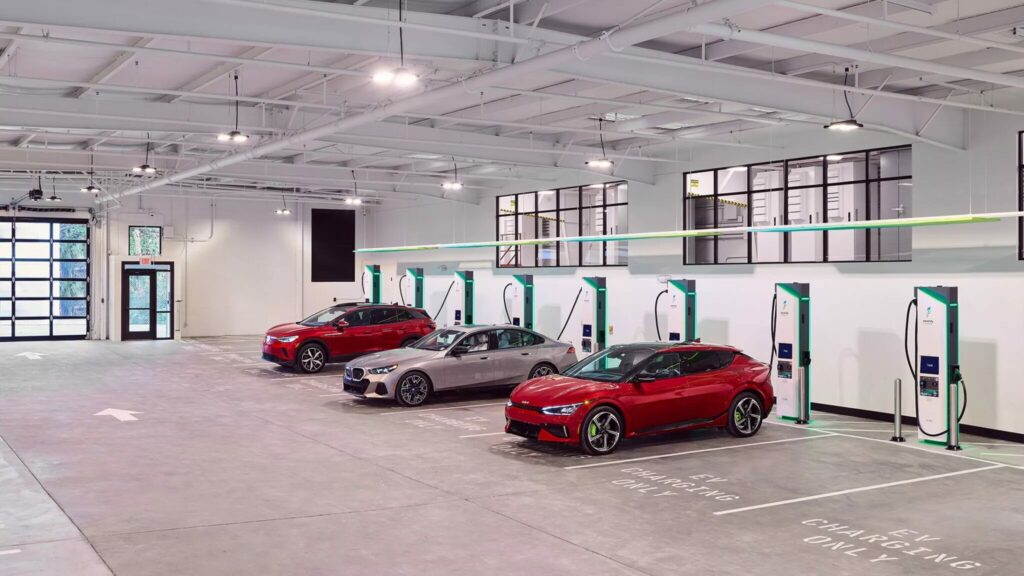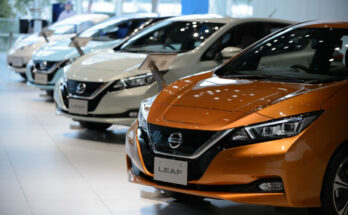According to recent research, the San Francisco Bay Area’s air quality has already improved as a result of the adoption of electric vehicles. The research published in the journal Environmental Sciences & Technology shows that CO2 emissions decreased by 1.8% a year between 2018 and 2022.
More specifically, vehicle emissions have fallen by 2.6% per year in that timeframe, and figuring out how to tell those apart from the CO2 emissions was part of what took the UC Berkeley team behind this research until 2024 to publish these results.

Oddly, the pandemic actually helped the team figure out how to tell the difference between pollution from passenger vehicles, commercial trucks, and industry. The shelter-in-place order imposed during the height of the pandemic helped the team tease out the subtleties of different kinds of polluters. And the results are positive according to Ronald Cohen, a chemistry professor at Berkeley who started setting up the CO2 sensors used in this research all the way back in 2012:
“These findings are a direct indication that they’ve made a positive change. However, the research suggests that we will need more action. The San Fransisco Bay Area has one of the highest adoption rates for EVs in America and, even there, more needs to be done to reduce CO2 emissions.”
To achieve California’s goal of net-zero emissions by 2045 smoothly, Cohen says that emissions need to drop by 3.7% per year, so 1.8% won’t quite cut it. But it is an endorsement of EVs, which in combination with improvements to housing and industry emissions could help the state reach its target. Cohen went on to say:
“Nobody thought we would get [to net-zero] smoothly. They thought we would start slow, and it would have to accelerate. So I take heart that at the beginning of that, we’re at half of what we need, on average.”
Source: CarScoops

Responsible for delivering local & international automotive news.




